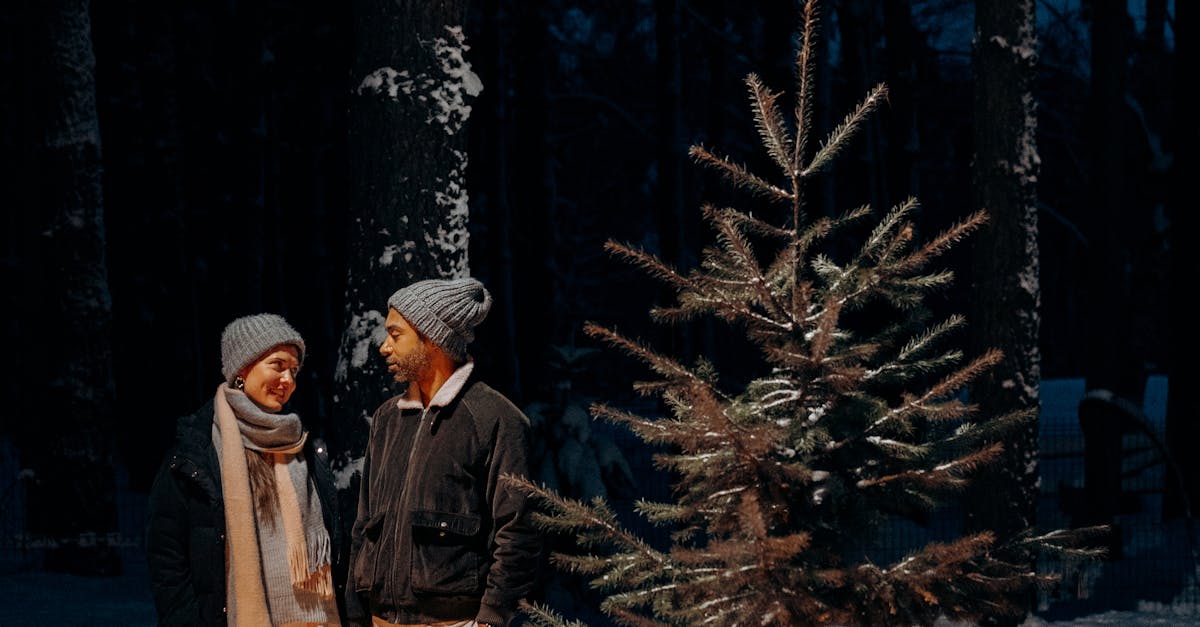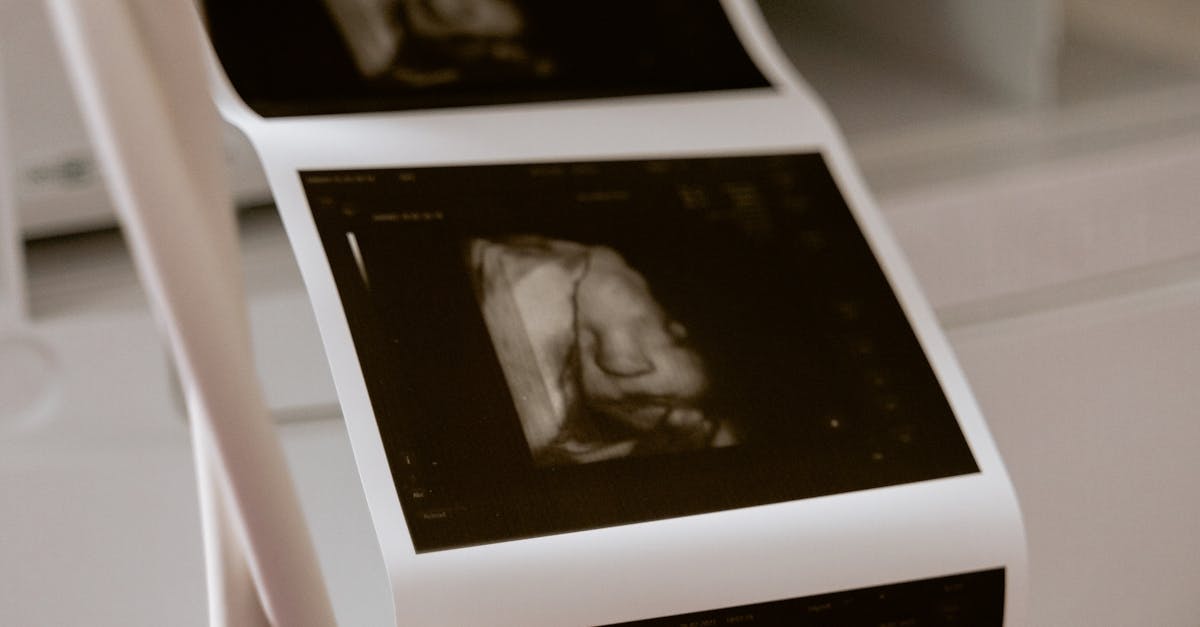
How To Socialize A Reactive Dog
- October 03, 2024
- 4 min Read
- Views 844
How to Socialize a Reactive Dog
Having a reactive dog can be challenging for any pet owner. Reactivity in dogs can manifest as fear-based aggression, excessive barking, or general discomfort around other dogs and people. Understanding the root of this behavior is crucial for finding effective ways to help your pet. This guide will provide you with actionable steps on how to socialize a reactive dog, ensuring both their safety and happiness.
Understanding Dog Reactivity
Dog reactivity often stems from a place of fear, anxiety, or frustration. A reactive dog might have had a negative experience with another animal or lack proper socialization during their early development stages. It's essential to recognize the triggers that set off your dog's reactive behavior, as well as to identify the type and intensity of reactivity. By doing so, you can create a comprehensive plan tailored to your dog's needs.
Importance of Socializing a Reactive Dog
Socializing a reactive dog plays a vital role in improving their quality of life. With the right approach, you can help reduce their anxiety, prevent aggressive encounters, and build trust between you and your pet. Effective socialization can also enhance your dog's ability to interact with humans and other dogs in a calm and positive manner, resulting in a more balanced pet.
Strategies for Socializing a Reactive Dog
Socializing a reactive dog requires patience and consistency. Here are some strategies that can help:
- Create a Safe Environment: Start by managing your dog's environment to minimize triggers. This includes choosing quiet locations for training and practicing socialization, and using tools like a harness and muzzle if necessary.
- Gradual Exposure: Introduce your dog to new social situations gradually. Begin at a distance where your dog is comfortable and then slowly decrease the distance over time.
- Positive Reinforcement: Use treats and praise to reward your dog for calm behavior around their triggers. This can help them form positive associations with previously stressful situations.
- Professional Guidance: Hiring a certified dog trainer or behaviorist can provide you with tailored advice and support. They can help identify specific techniques that work best for your dog.
Guide: Step-by-Step on How to Socialize a Reactive Dog
- Consult Your Veterinarian: Before starting any socialization program, it's important to rule out any medical conditions that could be contributing to your dog's reactivity.
- Identify Triggers: Observe your dog's behavior to identify what causes their reactivity. This can range from other animals, specific people, noises, or certain environments.
- Use Controlled Settings: Start by exposing your dog to low-stress environments. This could include walking in a park during off-peak hours or arranging a controlled meet with a calm and friendly dog.
- Implement Training Techniques: Leverage training techniques such as counter-conditioning and desensitization. These methods involve gradually exposing your dog to their triggers in a controlled manner, while rewarding calm behavior to create positive associations.
- Track Progress: Keep a journal of your dog’s progress to better understand what works and what doesn’t. Note any improvements or setbacks in their behavior.
- Remain Patient and Consistent: Socializing a reactive dog is a marathon, not a sprint. Patience and consistency are key elements for success in this journey.
Frequently Asked Questions (FAQ)
- Is it ever too late to socialize a reactive dog?
It's never too late to work on your dog's socialization. Although it might take more time and effort, older dogs can still benefit from socialization efforts. - Can all reactive dogs be socialized?
While many reactive dogs can be successfully socialized with the right approach, some might have deep-seated issues that require professional help. It's essential to assess each case individually. - What if my dog becomes aggressive during training?
If aggression is a concern, it’s important to employ safe practices such as using a muzzle and consulting with a professional trainer to ensure the safety of everyone involved.
Tags
Reactive Dog, Dog Socialization, Dog Training, Fearful Dog, Dog Behaviorist, Positive Reinforcement
References
People Also View
-
1October 14, 2024
-
2October 01, 2024
-
3October 09, 2024
-
4October 03, 2024
-
5October 13, 2024
Categories
- Near Me 2147 Posts
- How To 548 Posts
- Where To 257 Posts
- Why 90 Posts
- How Much 97 Posts
- Travel 202 Posts
- Food And Drink 815 Posts
- Shopping 797 Posts
- Lifestyle 1050 Posts
- Automotive 364 Posts
- Digital Income 70 Posts








